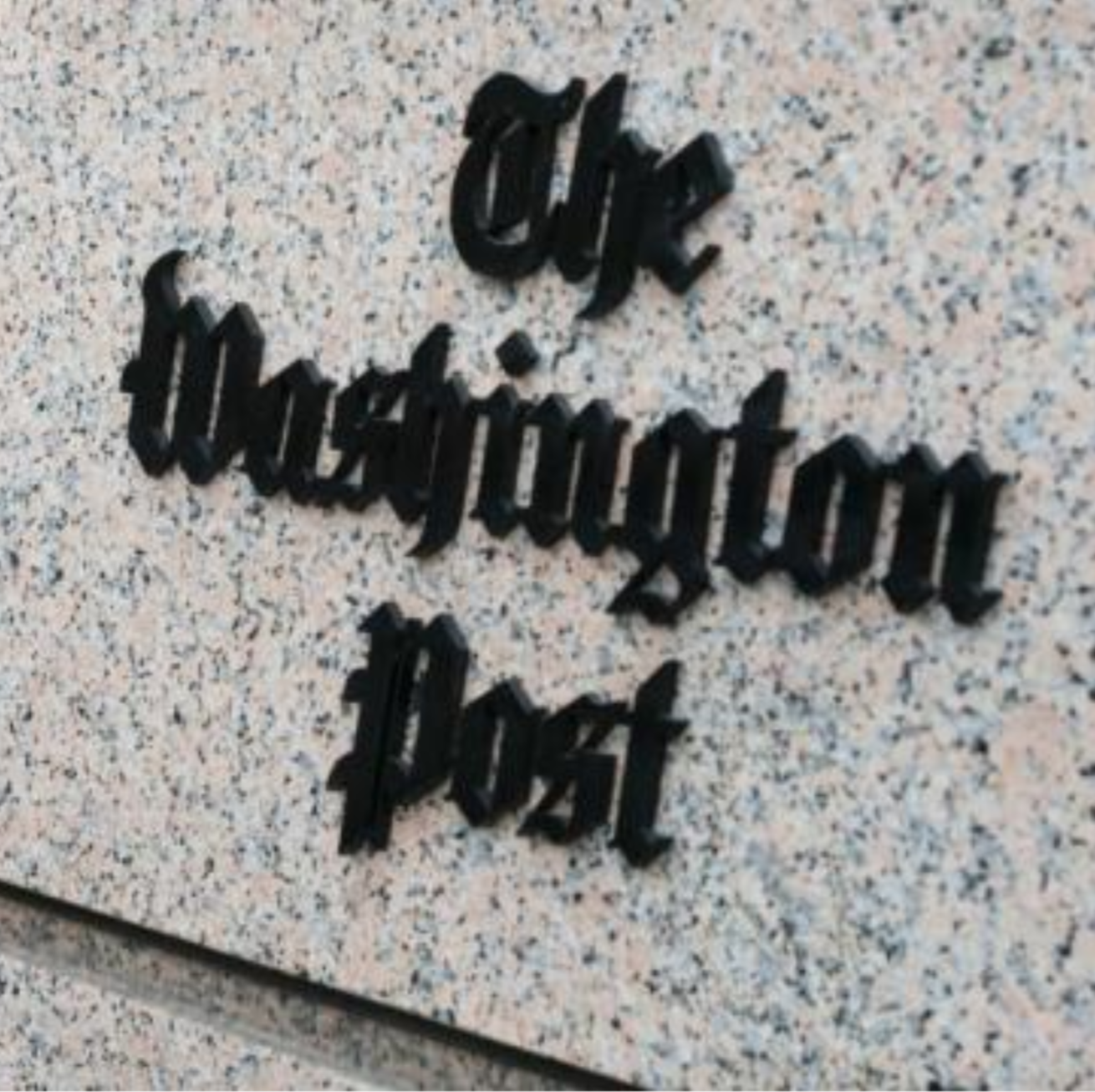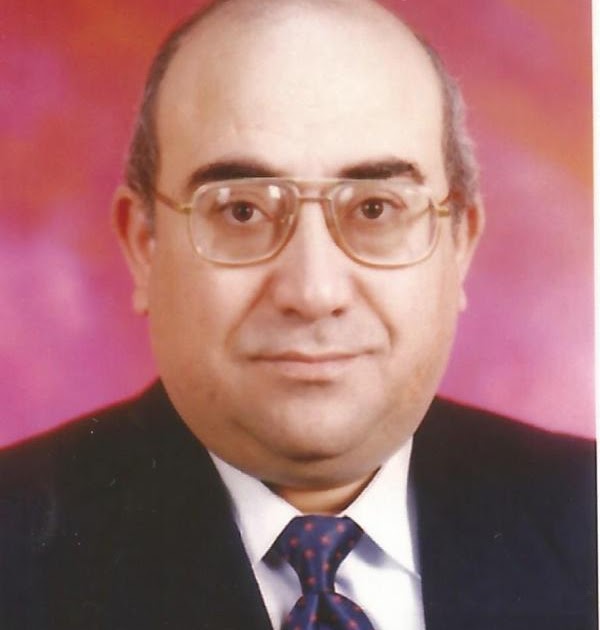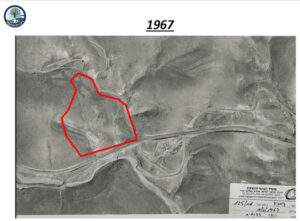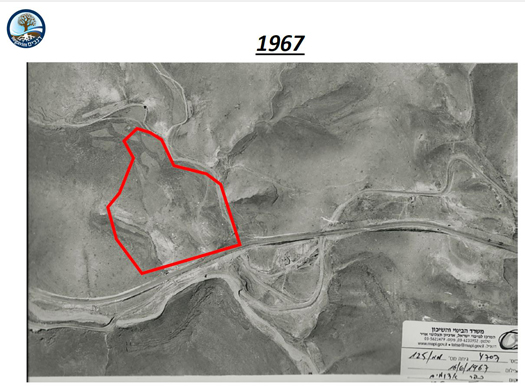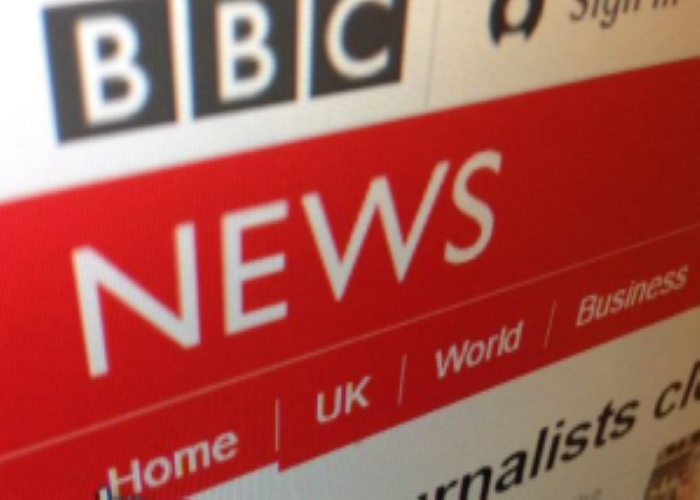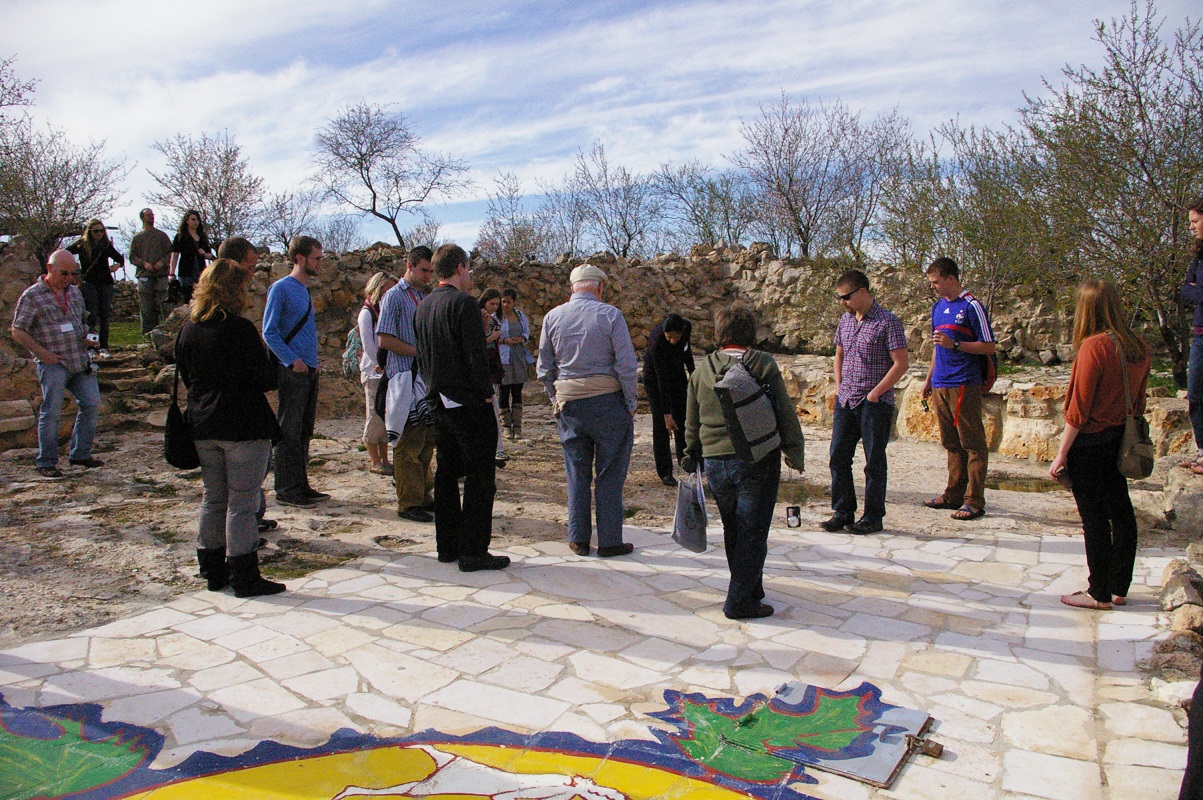rylah
Gold Member
- Jun 10, 2015
- 21,186
- 4,491
- 290
Cool, what were their names? So the same people, or their descendants, are reclaiming their land?
Essentially the Houses of Malca, Cohen, Ashkenazi and Orbah.
Yes, of course, Shim'on HaTzadik was Cohen, the land and property
these Ottoman kushans referred to above in the court discussion,
registered to the Jerusalemite and Knesset Yisrael councils.
Remember I was mentioning, how Arab supremacists,
always threaten with the Ottoman land registry,
but never dare reveal it, despite Turkey on
their side?
This is why.


